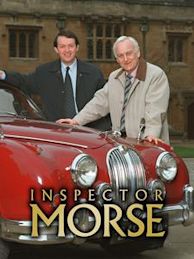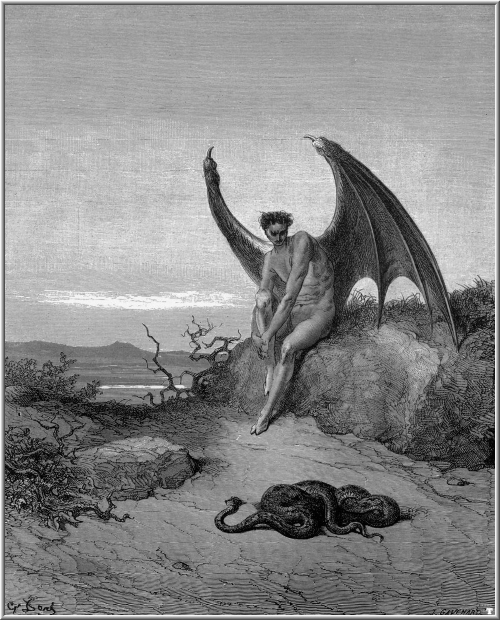My wife and I just completed the English crime series, “Endeavor”, which ran from 2012 to 2022, and starred Shawn Evans as the title character, who, during the 12 year run was never, never referred to as “Endeavor”, his given name at birth. He was just plain “Morse”; in the English television world known as “Morse” in the office, and “Detective Morse” in the rest of the English world. Historically, it covered the era 1965 to 2000, with the youth culture and music to match.

That first “Morse” series ran from 1987 to 2011, when Morse finished the series by being killed by a foreign agent.

The younger Morse was assigned to the Oxford University precinct, where he had attended school, and some of their staff remembered him. He was fond of opera, and had a genius for noticing trivia most investigators would overlook. Front office management didn’t like him very much as he often showed them up, and never played politics, ensuring his failure at the sergeant’s exams.
No one who watched the series ever asked why they would entitle the series “Endeavor?” since no one ever brought his name up in all the episodes those 25 plus years. He was called “Morse” in every one, and was never addressed as “Endeavor”, even by the occasional girl friend.
This must have been an English thing which Americans might not understand, because Johnny Cash had a hit song in 1969, with a “Boy Named Sue”, which he sang for inmates at San Quentin.
Bottom line: Names meant things in America, whereas, status meant more in England, and the value of watching the “Morse” series is that it teaches us the importance of status even in crime fighting.
But perhaps, also in war.
If you watch other English crime series you will note the same trends, based on status and class.
Which brings me to Barbara Tuchman, perhaps America’s premier historian, who died in 1989. She was awarded two Pulitzer Prizes, in 1963 for The Guns of August, about the opening month of World War I, and the other, the biography of Joseph Stilwell, Stilwell and the American Experience in China. Then later, she wrote a prize-winning history of 14th Century Europe, A Distant Mirror…all three I have on my shelf, and much underlined.
The granddaughter of Henry Morganthau, and a lover of history, she was uninterested in chasing degrees, and satisfied to look at history the same way a cop would look at evidence, without regard for pleasing the bosses. I’ve read just about everything she ever wrote, and have most on my bookshelf, dog-eared and underlined, all because she believed the rank of actors was more important to the actors than the national interest, or for that matter, to the collateral lives affected.
In the first book, The Guns of August, she did a complete diagnostic of how the various players in World War I; France, Germany, England and Russia, reacted to the assassination of Archduke Ferdinand and his wife in Sarajevo, Bosnia & Herzogovina, June 28, 1914. War broke out a month later, the first week of August, 1914, all in accordance with treaties France, England, Germany, Russia and Austria-Hungary had signed.
Each country carried out their roles in keeping with national prerogatives, but most of their field generals carried out their missions with their own status in mind… largely insuring that a war which should been over within a few weeks, and peace accords attainable, but for the vanities involved, and thus ended up being stretched out over four years, with military deaths running 9-11 million and civilian deaths 6-13 million.
And all due to vain, indifferent “management” and oversight. All of it was, or should have been preventable.
Ms Tuchman’s followup was the biography of Gen Joe Stilwell, who was considered to be George Marshall’s finest field leader at Ft Benning, but, because of his fluency in Mandarin Chinese, the son of missionaries, was sent to China to serve as a liaison to Chiang Kai-Shek, who then had to walk his military contingency out of China and Chungking into India.
Finally, there was Ms Tuchman breakdown of government “management” systems in France and England and Italy during the 14th Century and the Great Plague, “Black Death”, and the way the kings, royals and Church managed a situation no one knew how it got into the body, much less the country, or could be treated, or prevented. The Church and Royals had their heroes, and zeroes, which shaped the epoch of European history, and which the royals could not prevent, especially new visions for the common folk.
Names meant things in America, whereas, status meant more in England and the Continent.
She was very much like our friend Endeavor, who grazed over the information at hand, and simply relayed it.
I like her very much as a teacher, as well as an historian.




